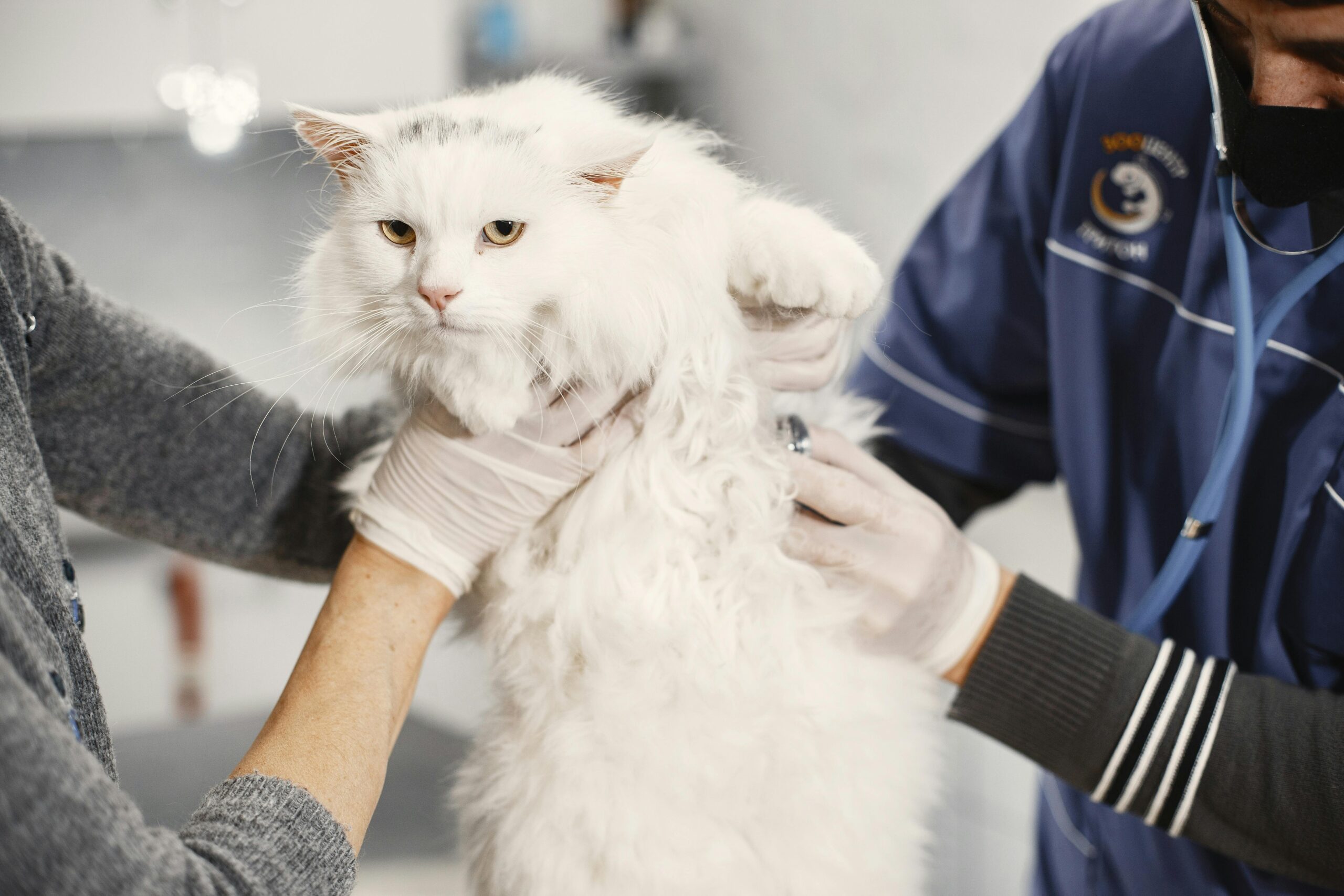 Pets bring happiness and companionship to our lives, and as pet owners, it is our responsibility to ensure their well-being. Proper pet health care is essential for their long and happy life. Whether you have a dog, cat, rabbit, bird, or any other pet, keeping them healthy requires regular care, good nutrition, and a loving environment. This guide will provide essential health care tips for your beloved pets.
Pets bring happiness and companionship to our lives, and as pet owners, it is our responsibility to ensure their well-being. Proper pet health care is essential for their long and happy life. Whether you have a dog, cat, rabbit, bird, or any other pet, keeping them healthy requires regular care, good nutrition, and a loving environment. This guide will provide essential health care tips for your beloved pets.
1. Regular Vet Check-ups
Just like humans, pets need regular visits to the veterinarian. Routine check-ups help detect any health issues early, making treatment more effective. Ideally, you should take your pet for a vet visit at least once a year. Puppies, kittens, and older pets may require more frequent check-ups.
2. Proper Nutrition
The health of your pet depends on the diet you give them. The following are some crucial points to remember: Choose high-quality pet food that suits their species and age.
. Avoid feeding human food, as some ingredients can be harmful to pets.
. Provide fresh water at all times.
. Consult your vet for dietary recommendations if your pet has special needs.
3. Keeping Your Pet Hydrated
Dehydration can lead to serious health problems. Make sure your pet always has access to fresh, clean water. Encourage drinking by using pet water fountains or placing multiple water bowls around the house.
4. Maintaining a Healthy Weight
Obesity in pets can lead to various health issues, including diabetes, heart disease, and joint problems. In order to assist you’re pet in keeping a healthy weight:
. Feed them in controlled portions as per vet recommendations.
. Avoid giving too many treats.
. Encourage them to play and exercise on a regular basis.
5. Dental Care
Dental hygiene is often overlooked but is crucial for your pet’s overall health. Poor dental care can cause gum disease, bad breath, and even serious infections. To maintain dental health:
• Use pet-safe toothpaste to brush your pet’s teeth on a regular basis.
• Offer dental toys and treats that lower plaque.
. Schedule professional dental check-ups with the vet.
6. Grooming and Hygiene
Proper grooming keeps your pet comfortable and prevents infections. Here are some tips for taking care of your pet’s grooming requirements: Brush their fur regularly to prevent tangles and matting.
. To prevent irritation and overgrowth, trim their nails.
. Bathe them as needed, using pet-friendly shampoo.
. Check their ears and clean them to prevent infections.
7. Providing a Clean Living Environment
Your pet needs a clean environment to stay healthy. To maintain hygiene:
. Clean their bedding and living space regularly.
. Remove waste from litter boxes, cages, or tanks daily.
. Disinfect food and water bowls to prevent bacterial growth.
8. Preventing Parasites
Fleas, ticks, and worms can cause severe health problems in pets. To keep parasites away:
. Use vet-approved flea and tick treatments.
. Make sure their living space is dry and clean.
. Schedule regular deworming treatments as recommended by your vet.
9. Vaccinations and Preventative Care
Vaccines protect pets from dangerous diseases. Ensure your pet receives timely vaccinations as per your vet’s schedule. Common vaccinations include:
. Rabies vaccine.
. Distemper vaccine.
. Parvovirus vaccine for dogs.
. Feline leukemia vaccine for cats.
10. Exercise and Mental Stimulation
Pets need both physical activity and mental stimulation to stay happy and healthy. Ways to keep them engaged include:
. Taking dogs for daily walks and play sessions.
. Providing cats with climbing trees and interactive toys.
. Giving bird’s toys and perches to stay active.
. Allowing small pets like rabbits and guinea pigs time outside their cages.
11. Managing Stress and Anxiety
Pets can experience stress due to changes in their environment, loud noises, or separation anxiety. To maintain your pet’s peace and tranquility:
. Maintain a consistent routine.
. Provide a quiet and comfortable space for them to relax.
. Use calming sprays or music designed for pets.
. Spend quality time with them to strengthen your bond.
12. Spaying and Neutering
Spaying and neutering are beneficial for controlling the pet population and improving health. Benefits include:
. Decreased chance of contracting infections and several types of cancer..
. Less aggressive behavior in some pets.
. Prevention of unwanted pregnancies.
13. Recognizing Signs of Illness
Pets can’t tell us when they feel unwell, so it’s important to observe their behavior closely. Signs of illness may include:
. Appetite loss or abrupt weight reduction.
. Excessive drinking or urination.
. Vomiting or diarrhea.
. Lethargy or unusual hiding behavior.
. Coughing, sneezing, or difficulty breathing.
. Changes in grooming habits or skin conditions.
. See your veterinarian right away if you observe any of these signs.
14. Training and Socialization
Proper training and socialization help pets adapt to their surroundings and develop good behavior. To ensure your pet is well-behaved:
. Start training early with basic commands.
. Make use of praise and treats as forms of positive reinforcement..
. Socialize them with other pets and people to prevent fear or aggression.
15. Giving Love and Attention
The most important part of pet health care is showing love and attention. Pets thrive on affection and companionship. Spend time playing, cuddling, and engaging with them every day to build a strong bond and keep them emotionally happy.
same day weed delivery online for urgent cannabis orders